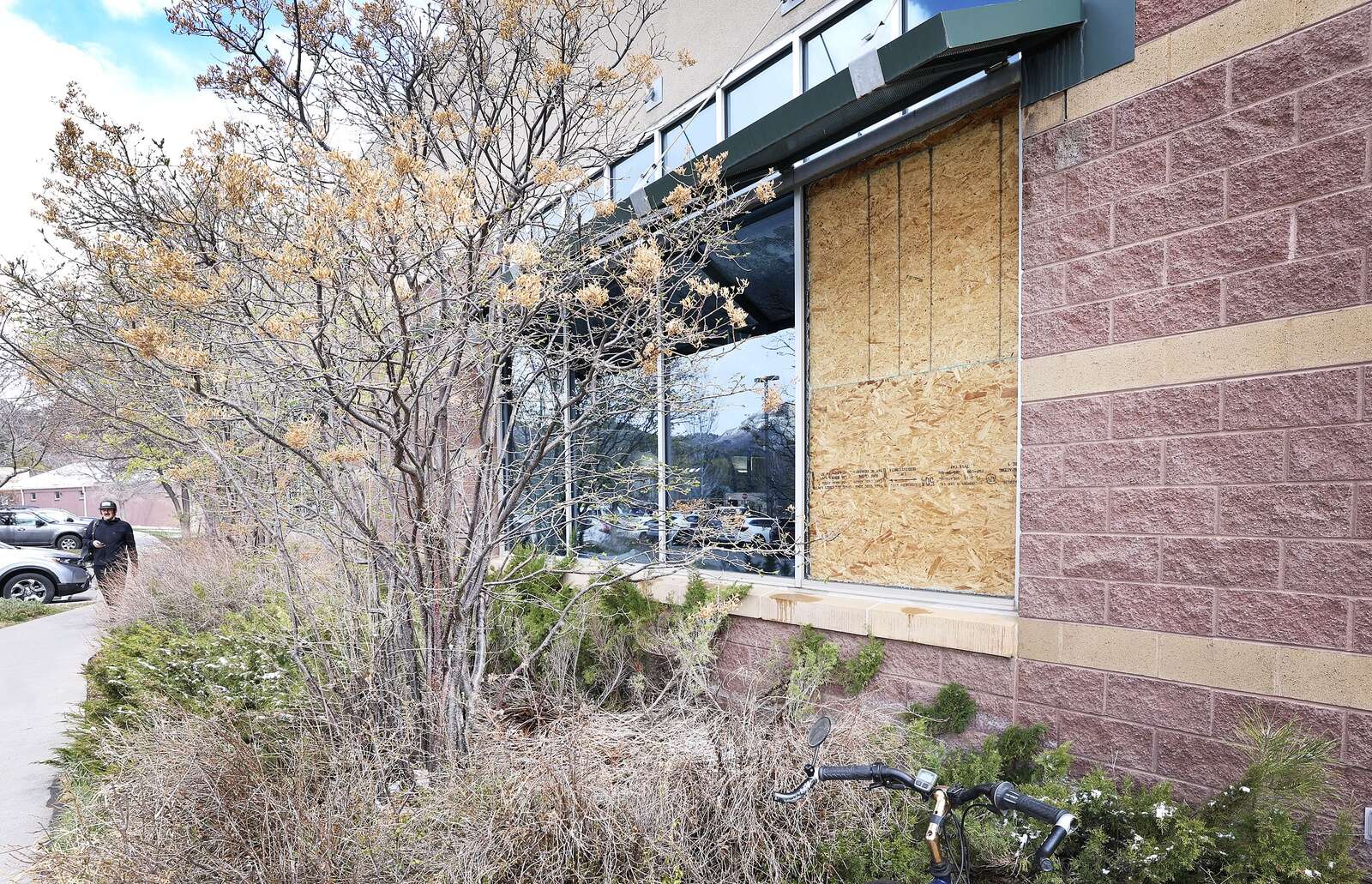UPDATE: A Durango man, Joe Brinkerhoff, aged 76, was released from custody after being found incompetent to stand trial for allegedly firing a gunshot through a window at the Durango Community Recreation Center earlier this year. This release highlights critical gaps in Colorado’s mental health and criminal justice systems, raising urgent questions about public safety.
The incident, which occurred in April 2023, shattered a ground-floor window, causing alarm among staff and patrons. Prosecutors claimed Brinkerhoff was a significant threat to the community; however, a recent psychiatric evaluation determined he suffers from permanent cognitive impairment, rendering him unable to stand trial. On August 2023, Sixth Judicial District Judge Suzanne Carlson ruled him incompetent, mandating his release under Colorado law.
This decision faced a 35-day delay to allow for release planning, a move that has drawn criticism. Historically, individuals found incompetent and unlikely to be restored to competency are released unless civil commitment is pursued, a process complicated by legal limitations.
In a significant legislative change in 2024, new laws now allow courts to mandate up to three months of short-term treatment for defendants found incompetent, aimed at preventing automatic releases. Prosecutors can petition for commitment in criminal cases, a tool previously unavailable. However, at a September 4 hearing, it was revealed that the county opted not to file a commitment order for Brinkerhoff, despite acknowledging his potential danger to himself and others.
County spokesperson Meghan Graham stated, “The county does not, on its own, have the authority to civilly commit people.” The new statute is narrower than traditional civil commitment and is specifically tied to criminal defendants.
District Attorney Sean Murray expressed frustration over a lack of coordination with the county attorney regarding the new law’s implementation. “We need to get together and just iron this out,” he said, emphasizing the ongoing confusion that hampers the process. Even when petitions for commitment are filed, commitments are rarely approved due to a statewide shortage of psychiatric beds.
“Even when you get that order, the Behavioral Health Administration is saying, ‘We don’t have a bed,’” Murray added. This shortage forces judges and attorneys to release defendants deemed dangerous, complicating public safety and mental health treatment. Notably, none of the petitions filed since the law’s enactment have been approved.
In a swift response to Brinkerhoff’s release, the city of Durango filed a temporary civil protection order against him on behalf of eight city employees, citing his threatening behavior at various facilities. Judge Carlson granted the order, with a follow-up hearing scheduled to assess ongoing risks.
Just one day after his release, Brinkerhoff was arrested again on suspicion of trespassing, a minor offense that complicates his legal situation. As these developments unfold, further evaluations of his mental fitness may be required, potentially leading to a cyclical legal battle.
Murray warned, “We could be back at square one, potentially, so it would just be a repeating cycle.” As this situation evolves, community members remain on high alert, underscoring the urgent need for reform in mental health and criminal justice systems to protect public safety.
Stay tuned for more updates on this developing story.
